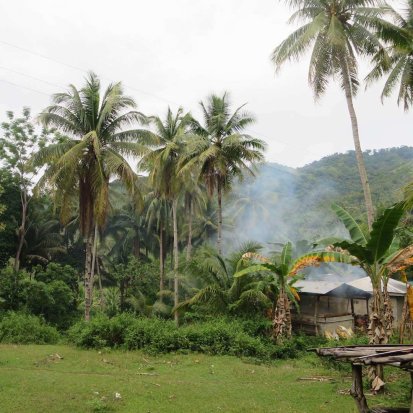
Background: Part of the Australian Centre for International Agricultural Research (ACIAR) mandate is to promote international development through agricultural research. Previously, ACIAR like many other international agricultural research organisations, had focused on ex-post impact assessment. However, the wider sector led by the Consultative Group on International Agricultural Research – Standing Panel on Impact Assessment (CGIAR-SPIA) began calling for more sophisticated forms of impact assessment based on an understanding that ex-post assessments alone could not sufficiently capture impacts on the multidimensional nature of poverty.
In 2011, Sustineo consultants took on the task of redesigning ACIAR’s impact assessment methodology to reflect an evolving understanding of poverty and to incorporate best-practice approaches to impact assessment.
Approach: The project required an extensive literature review of academic and government literature on impact assessment methodology and global development studies to draw out innovative methodological approaches. Our consultants also drew on a wider network of academic experts in poverty measurement reinforce the academic rigour of the impact assessment framework. Our team, adapted and refined the sustainable livelihoods framework pioneered by the DFID for impact assessment in international agricultural research.
To ensure that this framework was fit for purpose, Sustineo worked closely with ACIAR throughout the project. Our team met for one on one discussions with key ACIAR Research Managers and Country Managers to ensure that the proposed framework met their needs. Our consultants also met with representatives from CGIAR-SPIA, and other international agricultural research organisations to align the framework with global trends in international agricultural research. At a wider level, Sustineo ran a seminar on poverty reduction and associated methodological issues at ACIAR which stakeholders at the Office of Development Effectiveness also attended.
Outcome: Sustineo created an integrated mixed-method approach to impact assessment suitable for ACIAR projects of any scale or scope. The final impact assessment methodology brought together leading academic thought on the measurement of poverty and systems thinking with a practical focus on the traceable impacts of international agricultural research. The methodology designed by Sustineo is still used by ACIAR to assess the impact of their work. The final report was made publicly available in the ACIAR Impact Assessment Series